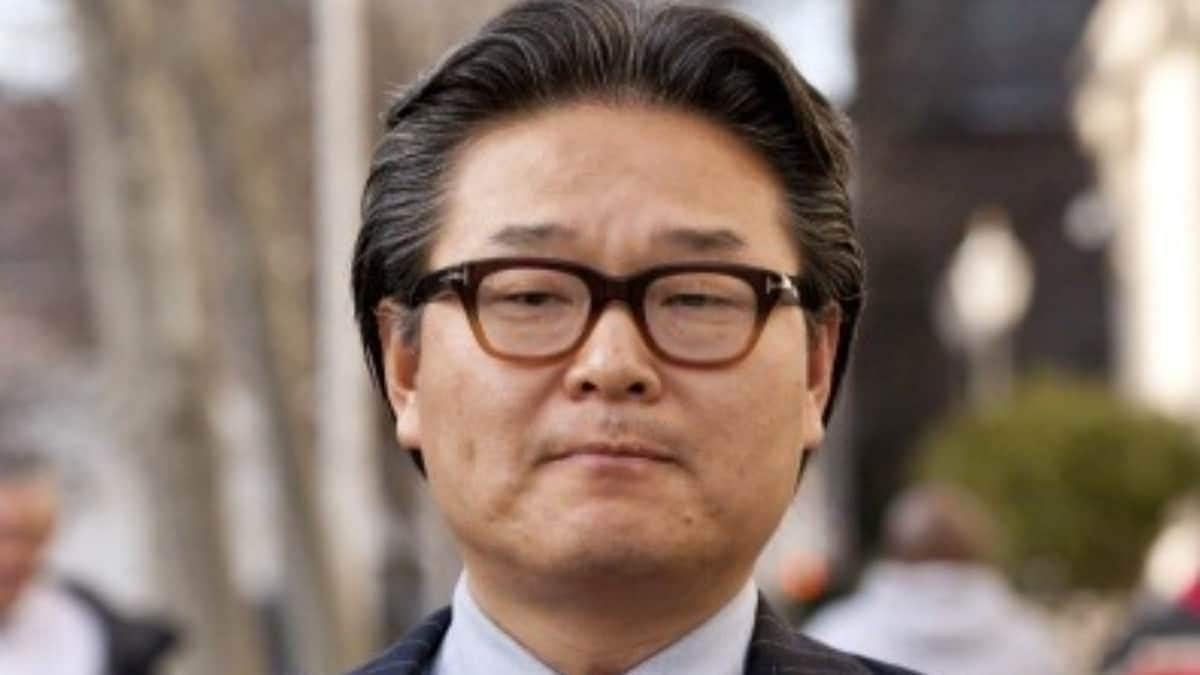- Bill Hwang, a veteran stock trader and hedge fund manager, amassed billions of dollars in nett worth over the years
- However, Hwang could not stay in the billionaires club as he lost the $20 billion he had made in just two days
- The loss was reportedly due to his company's failure to pay up the loans he took to invest after the shares of one of the major companies in its investment portfolios plummeted
PAY ATTENTION: Click “See First” under the “Following” tab to see We News on your News Feed!
In 1982, Sung Kook Hwang immigrated to the United States from South Korea and took the English name Bill, perhaps to feel more at home in the new country.
He attended the University of California at Los Angeles and eventually earned an MBA from Carnegie Mellon University.
From being a salesman at two securities firms, Hwang made a big break in 1996 as he landed an analyst’s job at Tiger Management.

Tiger Management, founded in 1980, was considered a hedge fund pioneer.
What is a hedge fund?
A hedge fund is an investment company that invests its clients' money in alternative investments to either beat the market or provide a hedge against unforeseen market changes.
Hedge funds, according to Investopedia, employ different strategies to earn active returns, or alpha, for their investors.
From analyst to a hedge fund own: Hwang's journey to billions begin
In the 2000s, Hwang established his own fund named Tiger Asia Management. According to, The New York Times, Hwang made the move after his boss at Tiger Management, Julian Robertson, decided to close the New York fund to outside investors.
So, Tiger Asia Management focused on Asian stocks and quickly grew. The New York Times said the hedge fund at one point managed $3 billion for outside investors.
Bloomberg noted that the Hwang-owned hedge fund peaked at about $10 billion in assets. The business was booming!
However, by 2013, things had tumbled for Hwang. The once-promising hedge fund career had collapsed, Forbes stated.
The business news media stated:
"Trading losses during the financial crisis had humbled him and the U.S. criminal conviction of his firm for insider trading had knocked Hwang out of the hedge fund game completely. He closed his Tiger Asia hedge fund, which specialized in Asian internet and media stocks, and lost all his clients."He was accused of insider trading by the US securities regulators or that he pleaded guilty to wire fraud on behalf of Tiger Asia in 2012.
Archegos Capital Management launched in 2013
In 2013, Hwang launched Archegos, the family office he founded to manage his personal wealth with about $500 million or so he had left. Investors had deserted him.
Also, having being banned from trading in his favourite market, Hong Kong, and the other Asian markets, Hwang turned his attention to the US stock market.
Despite his "baggage", Hwang would soon become the bride of banks again as many of them were reportedly eager to lend him enormous sums of money as Archegos piled up winning trades and emerged an investment sensation.
Archegos's portfolio included Amazon.com, Facebook, LinkedIn, and Netflix.
In due course, with loans from various banks, Hwang built Archegos was in charge of a staggering $100 billion portfolio.
Hwang's net worth rose to $20 billion. According to Bloomberg, at its peak, Hwang’s wealth briefly eclipsed $30 billion.
$20 billion vanished in just two days
Archegos's loss has been described as one "of the most spectacular failures in modern financial history". Bloomberg noted that "no individual has lost so much money so quickly", as Hwang did.
According to the financial news media, the 57-year-old trade expert would have stood out among the world's billionaires if he had folded his hand in early March 2021, and cashed in.
While other billionaires have their wealth mostly tied up in businesses, real estate, complex investments, sports teams, and artwork, Hwang’s $20 billion net worth was mostly liquid; that is, not tied to tangible businesses.
And then, in two short days, it was gone. Around late March 2021. It was learnt on Friday, March 26, that Archegos had defaulted on the loans it used to build the billion-dollar investment portfolio.
With the billions of dollars, Hwang racked up $20 billion in shares of ViacomCBS, making him the media company’s single largest institutional shareholder.
However, in late March, after shares of ViacomCBS plummeted, banks demanded their money from Hwang's company, Archegos.
As Archegos couldn’t pay, they seized its assets and sold them off, eventually wiping off Hwang's $20 billion net worth.
Bloomberg noted that Archegos's disastrous experience was an entirely preventable disaster that was caused by the banks that gave Hwang loans.
The financial news giant said Hwang's loss would have been minimal if the banks limited his leverage or insisted on more visibility into the business he was doing with their money.
The US stock market's regulators were also blamed for not making sure there was enough transparency in the tradings.
In other Briefly News, South Africa's Johann Rupert has made it to the 385th position on Forbes Billionaires List for 2021. In Mzansi there are officially five billionaires who have made it onto Forbes' list for this year.
Rupert is the chairman of Compagnie Financiere Richemont, a Swiss luxury goods company. He also owns 7% of diversified investment in Remgro and 25% of Reinet. Remgro is also chaired by Rupert.
Financial experts revealed that Rupert's fortune had ballooned over the past year, from an estimated $4.6 billion to a whopping $7.1 billion. The stats from Forbes revealed that Rupert is Africa's fourth-wealthiest person.
Enjoyed reading our story? Download BRIEFLY's news app on Google Play now and stay up-to-date with major South African news!
ncG1vNJzZmiaop6yp7jYZ5qoZqqWfHqDmG1sZpqZoblutNaapaBlpJ2ybr7IrJxmnpGhuW68zqmspZmiYsGzrcOeqWavmKR6rq3DnmRraF2Xtq24yKilZqyYmrtuuM6sq2ahpGKurbiMa2Sdmamoe6nAzKU%3D